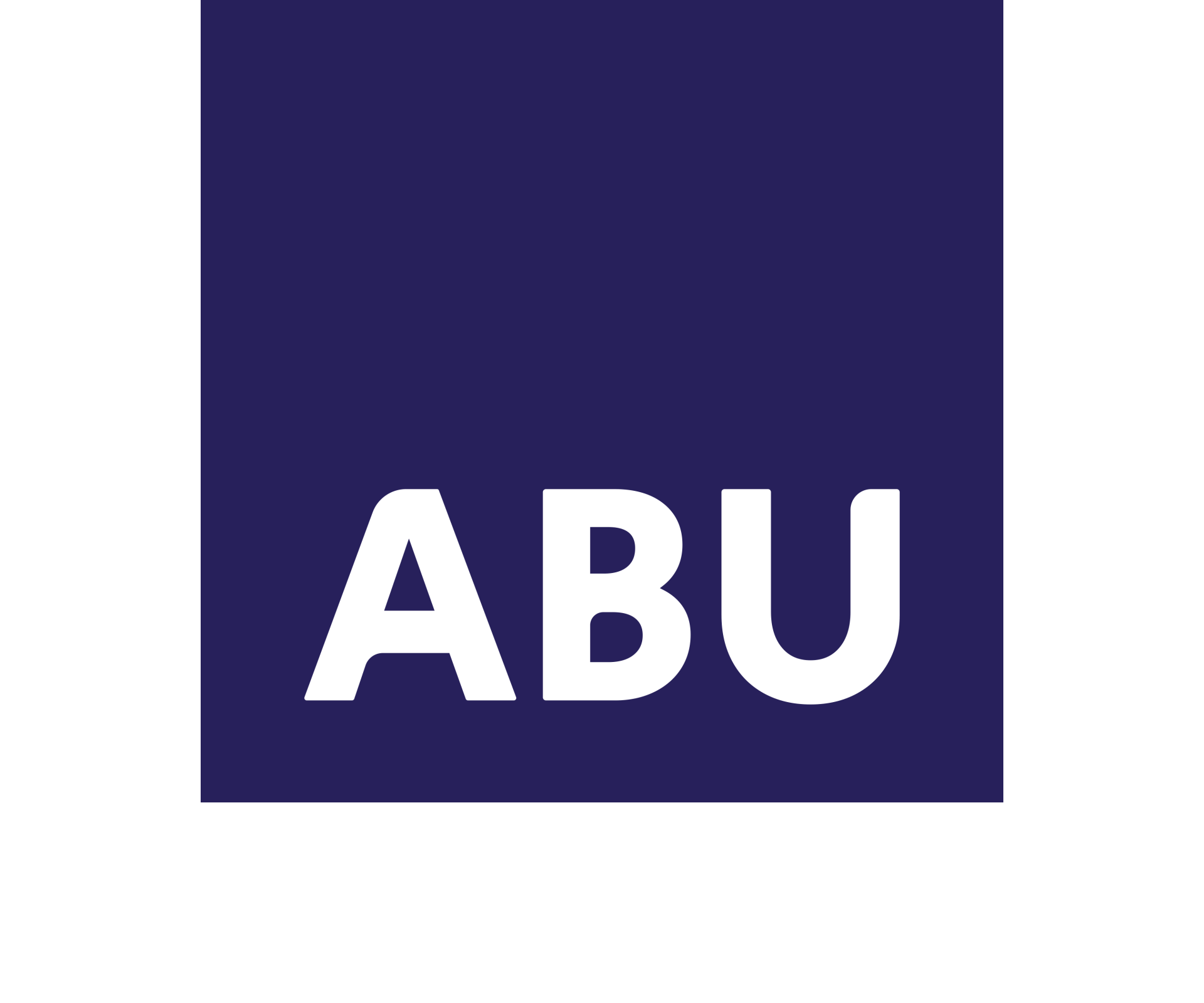3 things that are hindering your RFP process

Sophie Coorens • Jan 17, 2023
The RFP process is crucial when it comes to choosing a recruitment provider.
We fully understand it can be a timely and costly process. We hate to say it, but there are probably a few things you do that are making it worse. But, don’t worry, we’ve developed a quick guide below that will show you what not to do. This will save you time and ensure a high standard outcome.
- Don’t just look after the pennies (close your windows)
There is no denying that price is important and often a huge influence on the winner of the proposal. However, don’t fall into the trap focusing solely on price and forgetting the rest. In today’s climate, recruitment agencies are determined to keep prices low. However, in all programmes, inefficiencies are happening, which drives costs up (a bit like trying to heat your house in the winter with all your windows open).
We work hard to implement policies that keep costs as low as possible, without sacrificing your core needs. When at proposal stage, our advice would be to keep cost in mind, but ensure the proposal is aligning with your needs as best as possible. – this is key.
- Boring. Rigid. Forms.
You are busy! We can all agree that there is nothing worse than sitting down, coffee in hand, to complete a bid, and being greeted by a rigid and tedious form – one you’ve likely seen many times before. An image, infographic or chart can paint a thousand words. Having the functionality to include this will go a long way. You will be grateful to be greeted by some colour and visuals throughout. It also highlights the effort the company has put into the RFP. Think about this – if the company go to great lengths and really care about the look and feel, the essence of the RFP, this really sets the tone for how the process will move forward. It is more likely they will put a lot of effort in at the implementation and delivery stage. This is something to keep in mind. A well-crafted RFP document will likely define the quality of the submissions and is essential to reaching your organisations strategic goals – treat it that way!
- Slooow, or (even worse) no question responses.
You know who you are.
The questions come in, but no answers. All over, RFP consultants are perched on the edge of their seats waiting. And waiting.
“Why does it matter?!” I hear you cry.
Deadlines. Desire to craft our best solution. The mountain of other RFPs.
Of course, there are some bid teams who will send over hundreds of questions and slow down the whole process, but most just want some solid clarification on a handful of points. We understand this can be time consuming. Our advise would be to pick and choose the important/most impactful questions, or maybe respond in batches. You will be helping us meet our deadlines and allowing the whole process to flow smoothly. This will also mean you get to the evaluation stage quicker.
- Understanding requirements
This may seem like a given, but it often gets taken for granted that RFP’s are not a one size fits all. It is hugely important that there is a proper understanding of the requirements well before the RFP process begins. A lack of skilled internal expertise will be unlikely to lead you to your desired outcome. It’s very important that the people responsible for the RFP have the knowledge to ask the right questions and have open communication with the suppliers. Your time is valuable and it’s essential that you are going to gain from the RFP process. We recommend having a clear and concise outline of requirements before drafting any RFP document – this will save time in the long run.







